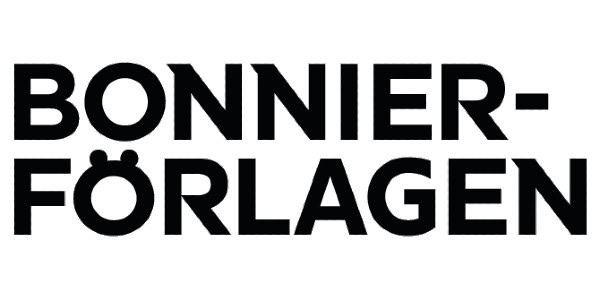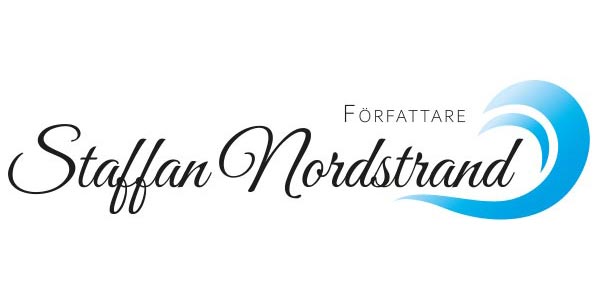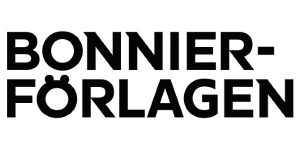
Religious Education in History Confessional and Inter-Confessional Experiences

| Författare | |
|---|---|
| Förlag | Umeå Universitet |
| Format | Häftad |
| Språk | Engelska |
| Antal sidor | 186 |
| Vikt | 0 |
| Utgiven | 2003-01-01 |
| ISBN | 9789188466525 |
When Sweden became a literate country during the 18th century, the population was thoroughly christianized via instruction in Martin Luther's Small Catechism. This alphabetization of the Swedish people was documented in detail in the parish examination registers, where individual proficiency in reading, memorization, and understanding of the catechism was recorded. In the 1970s, Dr. Egil Johansson demonstrated the sources' potential for research, and initiated new projects in order do facilitate access to the records and develop new approaches to the history of Swedish popular education.
In this book, the Umeå History of Education Research Group is presented. Under the leadership of Egil Johansson, this group explored various fields of educational history, from alphabetization compulsory schooling, and religious instruction in Sweden, to popular education in comparative and international perspectives. The title of the book, Religious Education in History, represents the main theme of the research group, and the articles written by some of the group members demonstrate the variety of geographical, ethnic, and denominational settings in the most recent research.
This book also provides a repost from a meeting with a similar research group, Groupe de recherche sur l'histoire de l'enseignement religieux au Québec, Laval University, Canada. Taking its point of departure in the French Catholic Catechisms of Quebec, this group too had a double objective: to provide research tools to a wider community of scholars and conduct research in the history of catechetical teaching. The history of the Quebec current research group is outlined in the book, and three leading scholars present current research on Catholic religious instruction in Quebec.
Representing different research traditions and disciplines, the contributions to this book illustrate the multitude of perspectives that can be opened upon the history of religious instruction in households, congregations, and schools is a matter of the greatest significance for the formation of ethnic and cultural identity. This is a common experience for individuals and groups in both confessional and inter-confessional settings.


























